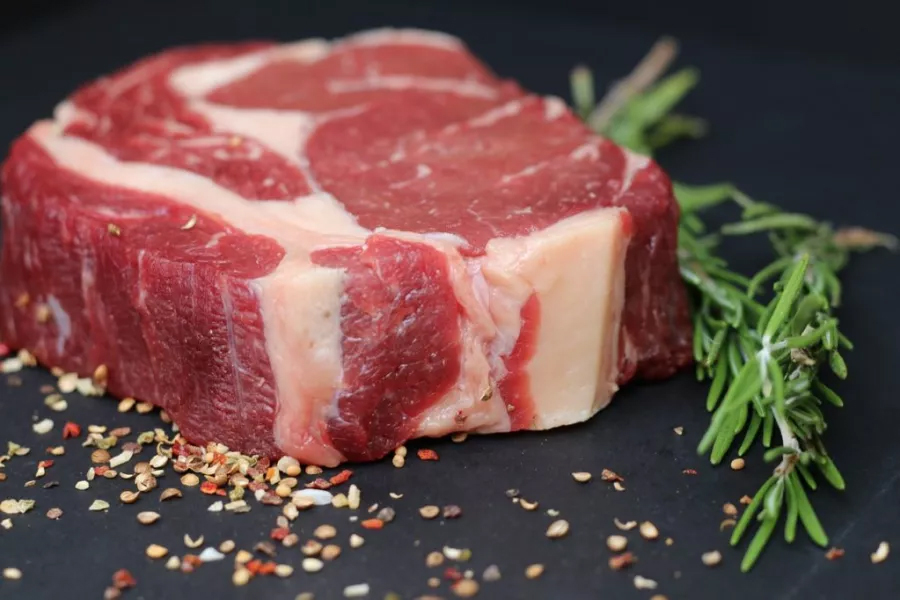Global Beef Industry ‘A Two-Part Story’

Rabobank, a worldwide research leader food and agribusiness sectors. Recently published its assessment of their Global Beef Quarterly report, which covers the fourth quarter of this year
The global beef industry continues to be a ‘two-part story’, Rabobank has said, with ongoing strong consumer demand in the US matched by reduced cattle and beef supplies, as well as high inventory levels and weak demand in Asia.
Southern Hemisphere meat markets continue to see an increase in production volumes, it added, with increases in Brazil and Asia, however this has not been enough to offset the declines in Europe and the US.
Beef production in the markets that Rabobank monitors is expected to decline 1% year-on-year in full year 2023, with the group adding that it expects 2024 to play out ‘in a similar fashion’.
“In the United States, cattle prices remained stable, while Canadian prices witnessed a 3% increase from June to October”Cattle Prices
Rabobank has noted a sustained high level of North American cattle prices, contrasting with softer prices in Southern Hemisphere countries.
Australian cattle prices have significantly declined, showing a 28% drop since June. Meanwhile, New Zealand and Brazil also experienced decreases, albeit to a lesser extent. In the United States, cattle prices remained stable, while Canadian prices witnessed a 3% increase from June to October.
Middle East Conflict
According to Rabobank, the ongoing conflict in the Middle East is not expected to significantly affect beef trade. The combined import volumes of Israel and the Palestinian territories represent only about 1% of global beef imports.
Even if the conflict were to extend across the broader Middle East and North Africa region, the bank suggests that the impact on global beef trade would remain relatively minimal.
JBS Investment
Earlier this month, JBS, the Brazilian meatpacking giant, revealed plans to reopen its beef unit in Diamantino, Mato Grosso state. The company also announced a significant investment, with an initial injection of $83 million CDN, part of a total investment of $222 million CDN, aimed at transforming the facility into the largest beef plant in Latin America.
Upon the completion of restoration and expansion works scheduled for January 2024, JBS expects to create 1,600 new jobs in the region.
For more information, visit https://research.rabobank.com/far/en/home/index.html












